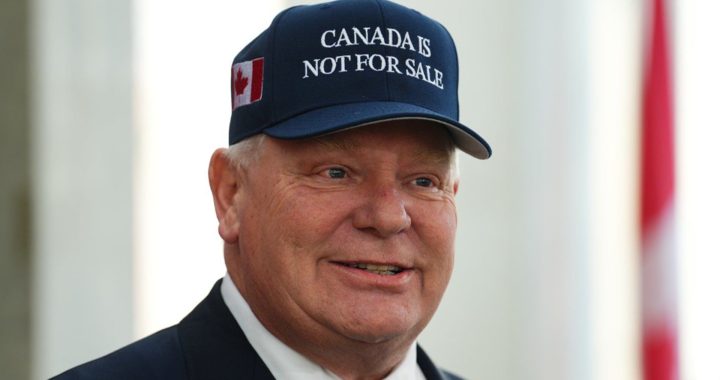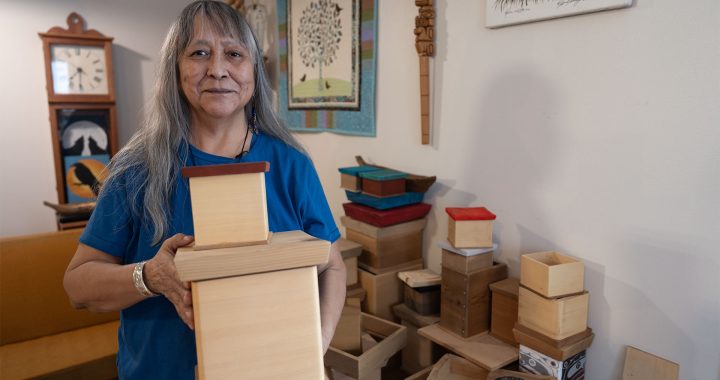A new Senate report calls on the federal government to establish an Indigenous human rights ombudsperson and tribunal.
“The Canadian Human Rights Commission and tribunal are clearly not completely responsive to the needs of Indigenous people,” Brian Francis, who is the chair of the Senate Committee on Indigenous Peoples, said at a press conference in Ottawa Thursday morning. “That’s also because on a fundamental level the commission and tribunal are not designed for Indigenous people.
“An Indigenous ombudsperson and human rights tribunal grounded in Indigenous knowledge, practices and traditions such as mediation and other forms of dispute resolution would be better suited to bring justice to people and communities where it has been in short supply.”
Sen. David Arnot also said the human rights commission and tribunal in their current forms have obstacles that prevent Indigenous people from pursuing their rights fully.
“A director general at the human rights commission told the committee that costs awards are precluded by the Canadian Human Rights Act,” he said. “That means even successful litigants can’t get their legal fees covered. As a result, many would be litigants can find themselves unable to make a complaint unless they have considerable means or can find counsel willing to do for pro bono work.”
This is why the report, called Respected and Protected, calls on the human rights commission, in consultation with Indigenous peoples, to undertake broad consultations to identity barriers that prevent Indigenous people from bringing complaints to the body.
Other recommendations require the commission to directly support individuals with systemic complaints and the human rights tribunal to increase the cap on compensation for pain and suffering.
Organizations like the Assembly of First Nations have made the argument that Indigenous rights are best defended by elected First Nations governments rather than human rights bodies like the CHRT.
But Sen. Michèle Audette said it is essential to have a place where grassroots Indigenous people can have their voices heard.
“It’s very important that we find the balance between our First Nations government but also grassroots people,” she said. “If we had a national inquiry (on missing and murdered Indigenous women and girls), it’s because grassroots people stood up and supported and many chiefs in Canada. The balance is very important that we also have a space, safe space, where the people have a say in those structures.”
First Nations Child and Family Caring Society executive director Cindy Blackstock said she supports the report and its recommendations but that an Indigenous ombudsperson and tribunal must have at the least the powers of the CHRT and probably more.
“You need to have real teeth in those orders to be able to force change,” she said. “Because when government makes statements that they want things like Jordan’s Principle to be implemented, which was the Truth and Reconciliation Commission’s top call to action, sometimes that doesn’t actually manifest on the ground and despite you wanting to feel like when they know there’s a problem they’ll fix it, that doesn’t always happen.”
Call for justice 1.7 of the final report of the Inquiry into Missing and Murdered Indigenous Women and Girls calls for the establishment of a human rights ombudsperson and tribunal.
In January 2023, then minister of Crown-Indigenous Relations Marc Miller, appointed Jennifer Moore Rattray as a ministerial special representative to advise on the appointment of such an ombudsperson.
In May of this year, Rattray released her final report but the Trudeau government has yet to appoint an Indigenous human rights ombudsperson.
APTN News reached out Crown Indigenous-Relations Minister Gary Anandasangaree for comment on the Senate report.
In an emailed statement, a spokesperson for his office says they welcome the report and will be reviewing accordingly.










